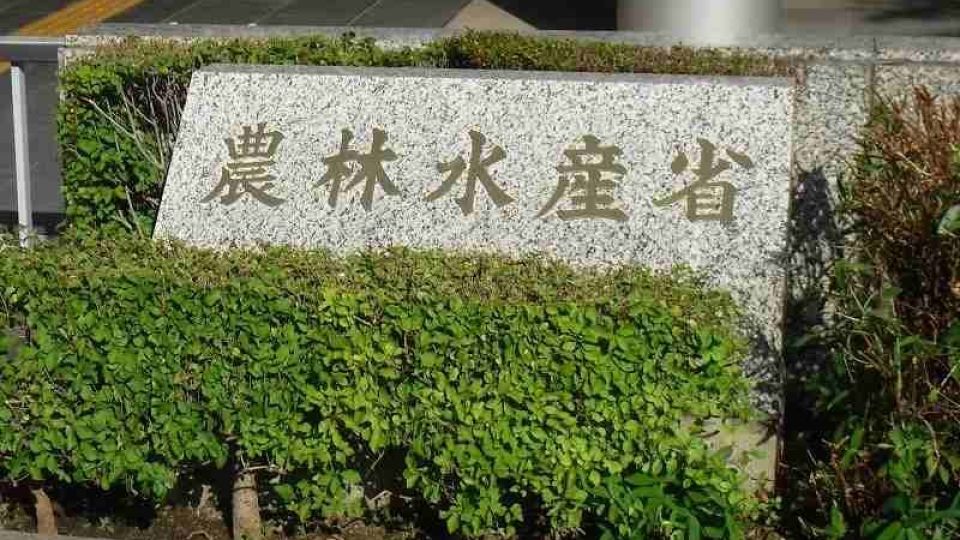Tags
Japanese government criticised for slow response to soaring rice prices.
The current surge in rice prices is believed to be due in part to excessive stockpiling by some wholesalers and others.
The Yomiuri Shimbun.

TOKYO – The Agriculture, Forestry and Fisheries Ministry on Friday eased rules for the release of government-stockpiled rice, which had been limited to emergency use such as in the event of a particularly bad harvest. Stockpiled rice may now be released when distribution is disrupted.
The current surge in rice prices is believed to be due in part to excessive stockpiling by some wholesalers and others. The policy change aimed to stabilize the distribution volume and prices of the staple food by releasing the government’s rice reserve in a more flexible manner.
The planned revision to the basic guidelines for stabilizing rice supply, demand and prices, which are based on the staple food law, was approved Friday at a meeting of a subcommittee of the Council of Food, Agriculture and Rural Area Policies, an advisory body to the farm minister.
The rice stockpile system was established in the wake of the “rice riot in the Heisei era,” when a historic bad harvest caused a rice shortage in 1993-94. Under this system, the government stores about 1 million tons of rice to prepare for a possible once-in-a-decade bad harvest or two consecutive years of poor harvests. The government purchases about 200,000 tons of rice each year and stores it for five years, after which unused rice is sold for use as animal feed.
Under the revised system, if there are disruptions in the distribution of rice and the farm minister deems it necessary to take action, stockpiled rice will be sold to the National Federation of Agricultural Cooperative Associations (Zen-Noh) and other distributors on the condition that the government buys back the same amount and quality of domestic rice within a year. The ministry said details about the timing and conditions of the sale have yet to be determined.
According to the ministry, the amount of rice produced in 2024 was 180,000 tons more than the previous year. However, the amount collected by Zen-Noh and other entities last year was 210,000 tons less than the previous year. The ministry believes that some farmers and small-scale distributors have built up their inventories as rice prices have remained high, and that this has caused disruptions in the smooth supply of rice.
According to the ministry, transaction prices between distributors such as Zen-Noh and wholesalers hit a record high for four consecutive months through December. The core consumer price index for December, which was released by the Internal Affairs and Communications Ministry, showed that rice prices had risen 64.5% year on year. Rice has been priced at about ¥4,000 for five kilograms at many supermarkets in Tokyo.
The government did not release its stockpile of rice in summer last year, when it initially became scarce, and prices soared. At a press conference held after a Cabinet meeting on Jan. 24, farm minister Taku Eto said, “To be honest, we had expected that the market would calm down once newly harvested rice entered the market.”
Many people have criticized the government’s slow response as the policy shift came following an already prolonged rise in rice prices.
“Shouldn’t the government have taken measures to ease the rules for selling stockpiled rice last summer?” said Takahide Kiuchi, executive economist at the Nomura Research Institute.
https://asianews.network/japanese-government-criticised-for-slow-response-to-soaring-rice-prices/Published Date: February 3, 2025






